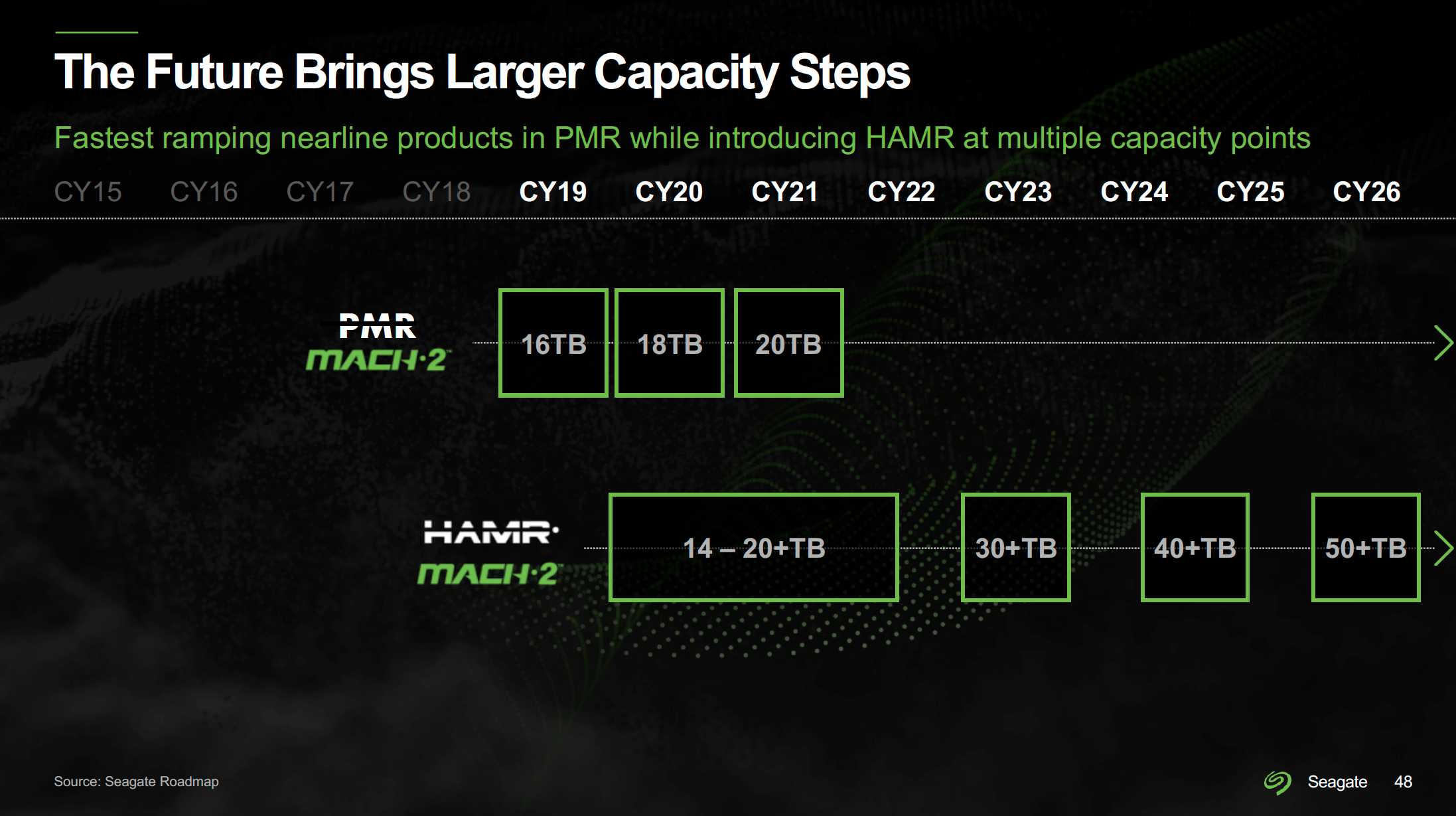You can already get 8TB Samsung SSD here
https://www.amazon.com/dp/B089C3TZL9/
current price is $448 USD, down from about $660 roughly 6 months ago iirc
you can also find these same drives on ebay used for good prices as well sometimes.
currently, 4TB SSD's (SATA and M.2) are in the $240 USD ballpark, and 2TB drives are hitting $99. Hopefully in the next several years we might see the 8TB hit the $250 mark, and see more options available on the market too.
Keep in mind, that enterprise SSD's have had 16TB and 30TB capacities for a while now, in the U.2 form factor, but they cost many thousands of dollars even used.
I too look forward to replacing my HDD storage RAID with SSD's


